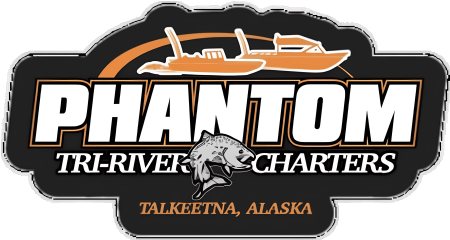Best Safe Practices for Boating or Fishing in Alaska
Alaska is an outdoor paradise that poses many natural dangers ranging from the weather to wildlife. Learning what to know before fishing in Alaska literally might save your life.
If you are planning a trip to the largest and wildest state for an Alaska fishing charter, the following will help you to enjoy your time and prevent tragedy.
File Your Flight Plan If You Intend to Use a Float Plane
Float planes are the primary transportation for reaching secluded fishing lodges and campgrounds in Alaska. If you are going to use a float plane to get into and out of your fishing camp, you should file a flight plan.
Without a flight plan filed, the plane might go down and leave you stranded and quite possibly seriously injured in one of the remotest locations on the planet.
A transponder and radio communication are the only ways to find a float plane, and one that has gone down might not have either working. The flight plan gives search-and-rescue crews the ability to trace your path and find your downed aircraft.
Make Sure the Boat Passed a Coast Guard Safety Check
The U.S. Coast Guard provides boat owners with free safety checks. The checks ensure the vessels are seaworthy and have the necessary safety gear.
Safety checks might help to prevent tragedy on the water during your Alaskan salmon fishing trip. They also help you to focus on catching fish.
Wear a Life Jacket and Appropriate Footwear
Alaska’s weather could blow in a storm just about any time of the day or night. The weather might appear to be perfect one moment and dangerous the next. Heavy seas are common and could strike whether you are out in a bay or fishing in one of the many inland waters.
When you learn what to know before boating in Alaska, you can choose the best footwear to keep your feet warm and dry while helping you to maintain traction and balance on the boat. Warm and dry feet help you to stay reasonably comfortable while on the water.
Take Several Communications Devices
Do not take a cell phone to Alaska and expect to get reception. Odds are you will have no reception anywhere but in one of the cities. Alaska mostly is wilderness, so you need more than just a cell phone to communicate.
You should have the ability to communicate via radio, satellite phone, or ham radio. Maritime vessels mostly use VHF-FM. The more communications capabilities, the better your chances of being found if something goes wrong.
Do Not Clean Fish While at Your Camp
Fish are a primary source of protein for Alaskan wildlife. That wildlife includes very large and hungry bears and other predators. They have an excellent sense of smell and will track down the source.
You should clean your fish and discard the carcass well away from your camp to prevent incursions by bears and other wildlife.
Alaska is a fun place. Some precautions can make it a lot safer to visit, boat, and fish. Contact us at Phantom Tri-River Charters to learn more.
